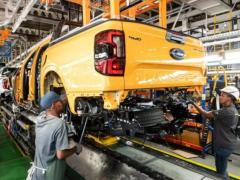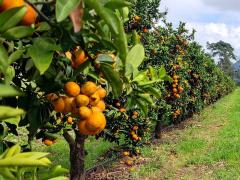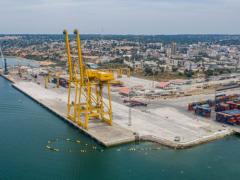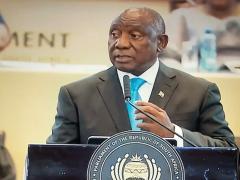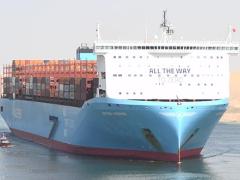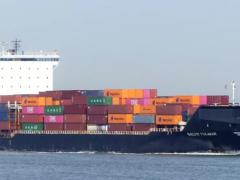T he speed with which African countries are signing and ratifying agreements is proof of the continent’s commitment to increasing intraregional trade. According to Francis Mangeni, director of trade and customs with the Common Market for Eastern and Southern Africa (Comesa), the launch of the Comesa-EACSADC Tripartite Free Trade Area (TFTA) in June 2015 introduced a new approach to intra-African trade and integration. It’s set to become operational in early 2020. Five countries have ratified the agreement with another 11 expected to follow suit before the end of the year. “Africa is famous for signing agreements and then forgetting about them,” said Mangeni. “We have talked about the Africa we want under the African Union’s Agenda 63, a continent that is free and prosperous and an influential player on the international stage. But we need Africans to deliver it.” He said the TFTA had set the pace for change. “The African Continental Free Trade Area (AfCFTA) was a record for the continent. In only a year the agreement was launched and ratified. It is the silver bullet for Africa’s economic progress.” Describing the AfCFTA as a game-changer, he said it clearly showed that Africa had reached a turning point when it came to implementation. “Implementation is now the first, second and third priority for most countries.” Commenting on whether the TFTA would clash with the AfCFTA, Mangeni said it was a building block of the latter and indicative of what could be achieved when countries on the continent worked together towards one goal. Already the East African Customs Union and Southern African Customs Union had completed negotiations on tariff reductions for the TFTA, he said. It is understood that the ultimate goal of the TFTA is to remove tariffs altogether for all goods traded in the bloc. Under this agreement countries will be required to fully liberalise trade on at least 66% of all goods in the first year of operation – expected to be 2020 – and on 100% of goods within five years. “This kind of regional integration is supposed to harvest best practices at national level, implement them at regional level, and ultimately introduce them across the continent. Let us not skirt around the issue, Africa is renowned for its bad practices and the time has come to change and introduce in its place good practice, a single market that trades freely amongst itself.”
Signs of progress on regional integration
Comments | 0

